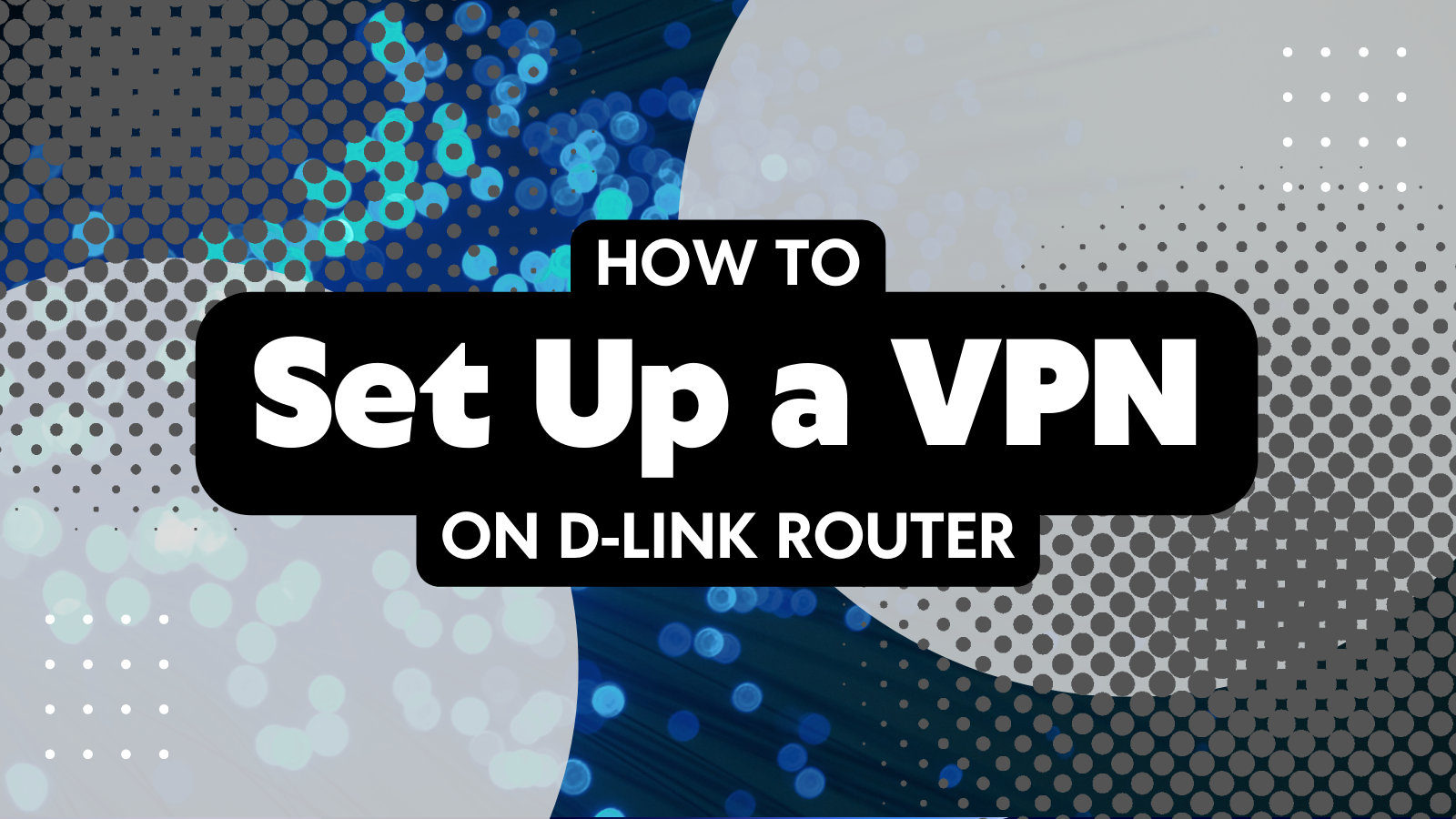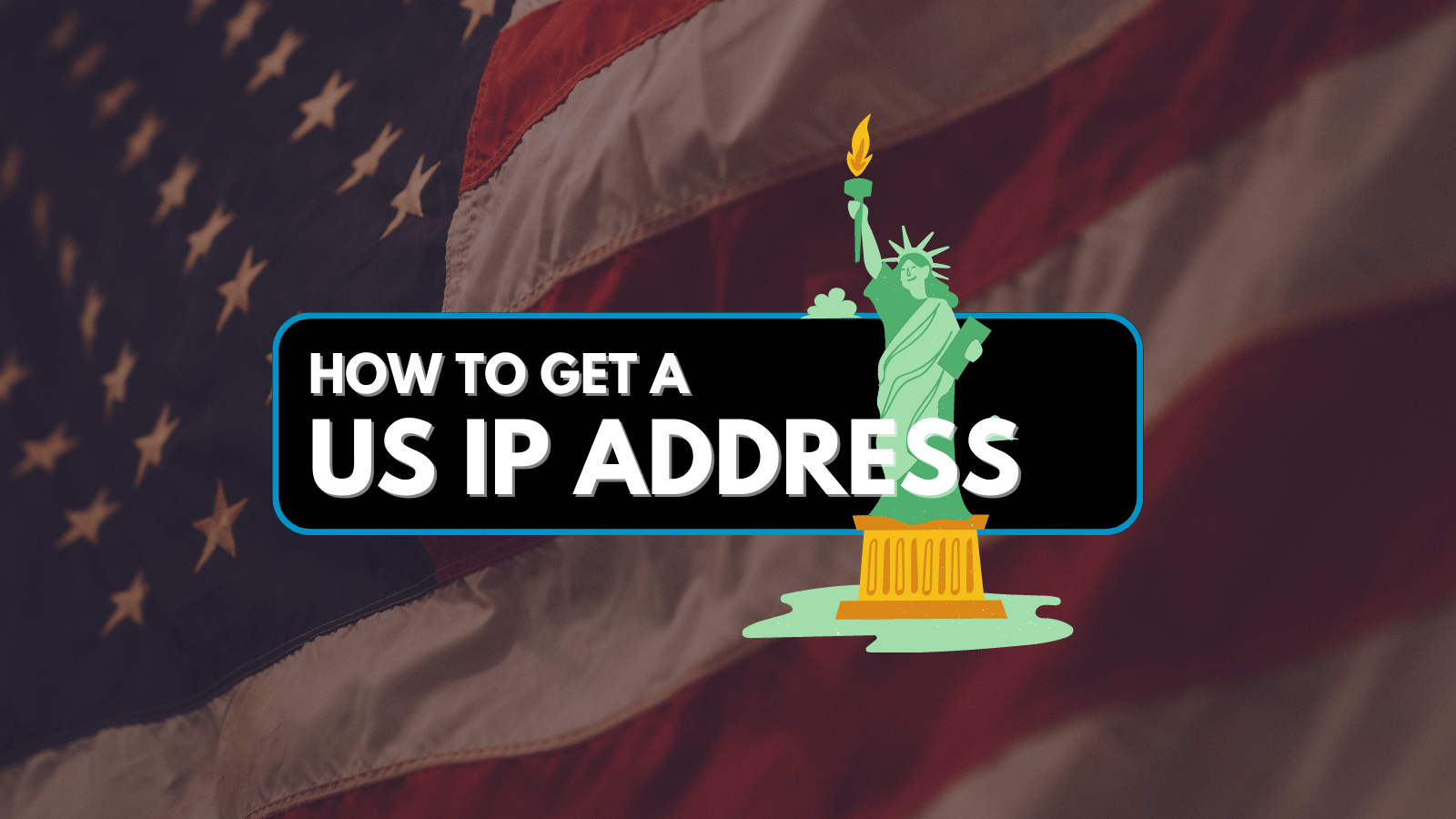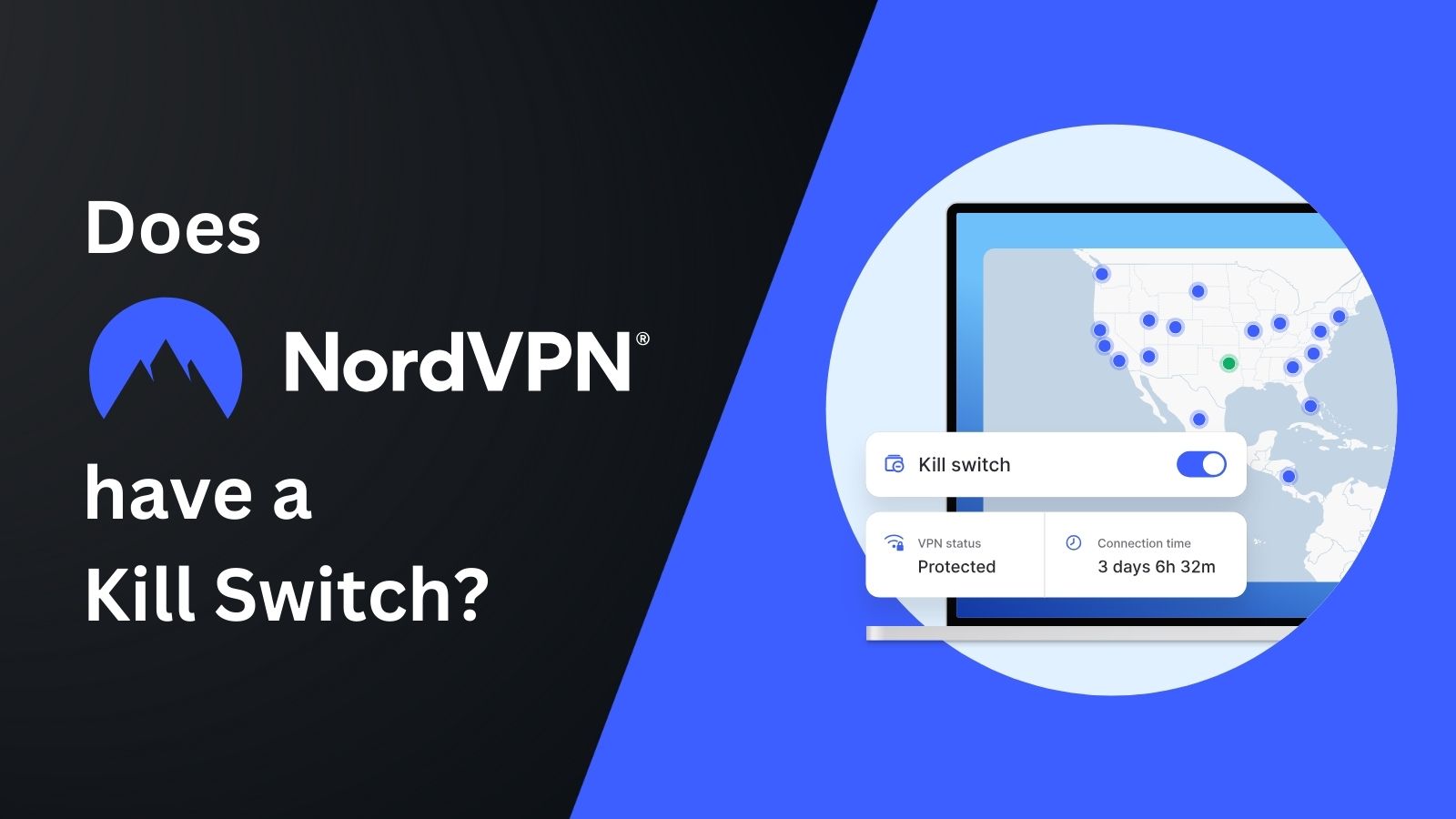
When you purchase through links on our site, we may earn an affiliate commission. Here’s how it works.
Why Is My Ping So High and How to Lower It
High ping can ruin all the fun, especially in MOBAs and MMOs, but also shooters - though skilled players can use high ping to gain an unfair advantage (or just troll the enemy team). Of course, we're not here to judge anyone's gaming skills. However, if you want to know how to lower your ping when playing in other regions, you've come to the right place.
Before anything else, test your Internet connection with an online speed test because a slow ISP could cause your high ping. In that case, it's time to upgrade your plan or change providers. If that's not the case, it's time to consider optimizing your connection, for which we've prepared plenty of tips.
In this guide, we'll talk about why your ping is high and how to lower your ping when playing in other regions. We'll also provide some useful FAQs at the end.
What Causes High Ping?
Traffic delays between your router and gaming servers most often cause high ping. You'll get a higher ping value if your traffic takes a long route. However, there could be several reasons your traffic isn't taking the most straightforward route, so let's explain more in-depth.
#1: Router Location
If you're far from your router, the quality of your Wi-Fi connection will inevitably drop. That's because the signal of your Wi-Fi network is affected by walls, ceilings, and other devices. Also, keep in mind that 2.4 GHz networks provide long-range coverage, but they're also much slower than 5 GHz networks.
#2: Slow Internet Connection
Having an ultra-fast connection doesn't guarantee you'll end up with minimal latency. However, you'll likely encounter high ping if you have a slow Internet connection because your data will take longer to send and receive. So, switching to a better ISP plan could prove to be beneficial.
#3: Congested Wi-Fi Network
When you connect too many devices to a single Wi-Fi connection, your router will have a more challenging time maintaining satisfactory performance. This especially applies to routers supplied by ISPs, which usually have basic features and minimal customization.
#4: Too Many Concurrent Apps
Taking proper care of your gaming device is crucial, and you need to pay attention to the utilization of its CPU. If you have too many applications or background processes running at once, your device's CPU will slow things down, which is one of the possible reasons for your high ping.
#5: ISP Throttling
It's not uncommon for Internet providers to employ selective throttling to save bandwidth and cut their costs. If you stream or play games a lot, you might notice that your Internet connection's speed goes down as soon as you start streaming a movie or launch a game.
#6: Gaming Server Location
By default, games will connect you to the closest server, as that's the best way to provide optimal speeds. However, each game's algorithm works differently. If you connect to a server far from your physical location, your ping and latency will undoubtedly increase.
Tips on How to Lower Ping
There are many ways to optimize your connection to lower your ping. For example, you can restart your router, lower your graphics settings, free up network resources, and more. Let's explain everything you can do.
#1: Run an Internet Speed Test
Before you do anything else, we highly recommend you check your Internet speed. For that, you can use Google. Type in "Speed Test," and then hit the "Run Speed Test" button. You'll see your download and upload speeds, as well as your latency. The steps below aim to lower your latency, which means you can check their effectiveness by re-running the speed test.
#2: Restart Your Router
Your router is basically a computer with its own operating system, and restarting it can clear up some hiccups that might affect your network performance. The timeless "have you tried turning it off and on again" meme has more truth to it than you'd think. Here's a quick guide on how to restart your router, in case you're not familiar with the process.
#3: Move Your Router
If restarting your router didn't help, and you're on a Wi-Fi connection, your device might simply have a hard time picking up your router's signal. Make sure the router is located in an open space, with no large objects, walls, or other electronics in the way.
#4: Change Your Wi-Fi Channel
If it wasn't bad enough that every piece of furniture around your house interferes with your signal, wait till you find out that your neighbors' Wi-Fi does so as well. Standard 2.4 GHz routers feature 14 transmission channels, but everybody uses the default channel, leading to congested networks. Here's a handy guide on how to change your Wi-Fi channel.
#5: Free up Network Resources
If you're experiencing high ping, try to close any background applications that might use your Internet connection: torrenting clients, streaming sites, etc. You might also want to disconnect any other devices that use your network. Using a microphone to talk with your buddies might be convenient during a heated CS:GO match, but it also uses extra bandwidth and can cause high ping.
#6: Try a Wired Connection
Not even the fastest Wi-Fi can rival the speed and stability of good old, wired networks. Moreover, you don't have to deal with network interference. Use an Ethernet cable and see if that helps. Also, we recommend using a quality Ethernet cable certified for the fastest theoretical speed of your Web connection.
#7: Quit Background Processes and Pause Updates
Having too many applications open in the background can slow down your device's CPU. As a result, your device might have a hard time maintaining your ping. Also, check if your operating system is being updated in the background, especially if you use Windows. Doing so will help free up some bandwidth, helping you achieve a faster ping for your intended activity.
#8: Connect to the Nearest Server
If you use an online application or game that allows you to pick a server, choose the one closest to your physical location. Limiting or shortening the distance your data travels will force data packets to travel faster, resulting in a faster ping. We recommend using a VPN to reduce ping, with NordVPN being our #1 pick, when it comes to those apps or games that don't allow you to change a server manually.
#9: Lower Your Graphics Settings
Let's get one thing out of the way: graphic quality settings do not affect your network speeds whatsoever. However, a game may seem laggy due to sudden FPS drops, especially when there are a lot of players on screen. Moreover, these framerate drops may cause what's known as input lag, basically increasing your character's reaction time and causing endless frustration.
#10: Switch Domain Name System (DNS) Providers
The DNS is tasked with translating domain names (like technadu.com) into an IP address readable by a computer. That said, your ISP might not have the fastest DNS servers out there. Whatever the case, changing DNS providers might solve your lag problems and lower ping. At the very least, it will improve website load times on your end. Here's a useful guide on how to change your DNS server.
#11: Utilize a VPN
VPNs work by re-routing your traffic through a specific server. Doing so helps optimize the flow of your data, which can help with ping in many cases. However, you'll need a fast-performing VPN for that, which is why we recommend NordVPN. Aside from lowering your ping, NordVPN will also protect your privacy, help you bypass geo-blocks, access bot lobbies in games, and more.
Final Thoughts
Experiencing a high ping and latency can be a frustrating experience, especially if you're trying to play fast-paced online games. However, you can take plenty of optimizations and steps to increase your ping and re-route your traffic flow. That said, optimizing the position of your router, using an Ethernet connection, or changing your Wi-Fi channels are among the most effective solutions.
We'll also remind you that VPNs work great in this case - if you use a speedy one, such as NordVPN. With thousands of servers in 110+ countries, you'll have numerous ways to optimize your traffic and ensure you're not tracked online.
That's all for our guide on optimizing your ping and latency. If you have any questions, make sure to post them just below. Thanks for reading!





